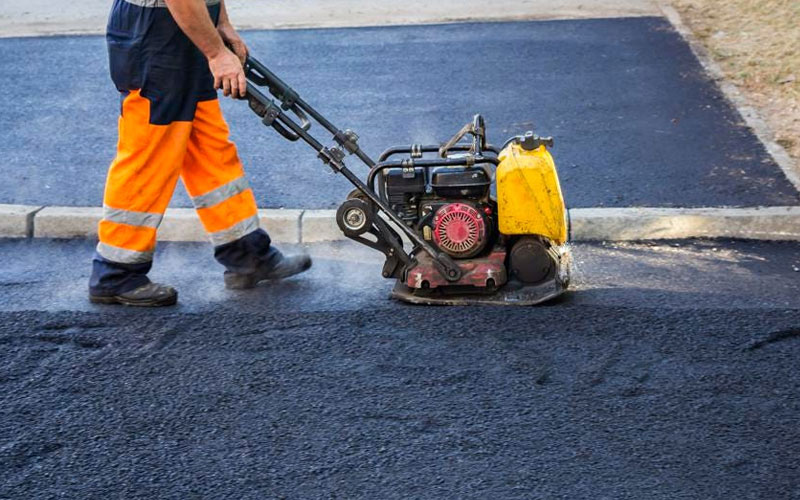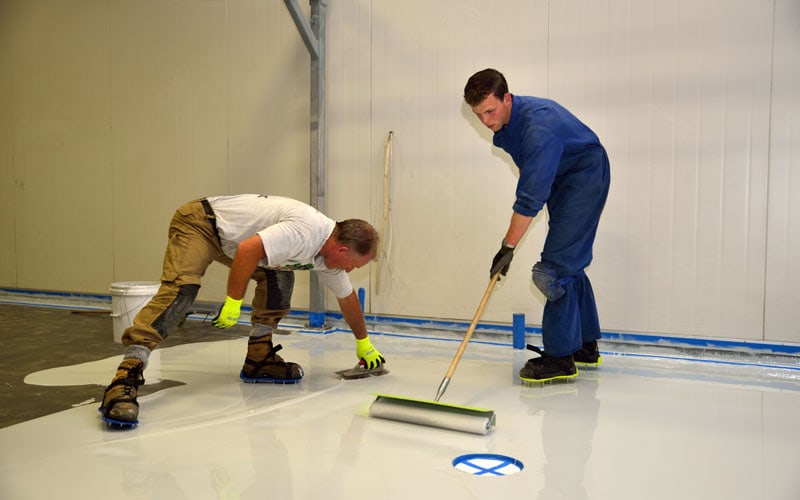
The first step of installing a new asphalt driveway is removing any old concrete or asphalt. This can be done with heavy machinery or by hiring equipment rental companies. It is also essential to clear the area of debris to create a clean surface. You will also need to prepare the ground for water drainage, which is necessary for proper installation.
Choosing a Reputable Contractor
When selecting an asphalt contractor like asphalt paving Seattle, it’s essential to look beyond their claims. Check their work history, ask about their experience, and check their accreditation with the Better Business Bureau. If you have concerns about their reputation, ask them to provide you with personal references. You can also read reviews on the Better Business Bureau website or Angie’s list to see what other customers have said.
Make sure you find a company that offers all of the services you need. For example, some asphalt paving companies specialize in certain types of paving projects, and you should read reviews before deciding which company to hire. Also, find out how long the process will take. For example, how much time will it take to install the new driveway?
Asking your neighbors for recommendations is another great way to get a list of companies in your area. However, it’s also helpful to look online for reviews of local businesses. The Better Business Bureau and Angie’s List are two excellent resources.
Choosing a Base Material
When choosing a base material for an asphalt driveway, consider how the driveway will be used and the soil conditions in your area. It is essential that the base material drains water and allows proper compaction. Some options include crushed gravel, recycled concrete, or Con-Bit. Crushed stone will allow you to compact the base material easily and keep water from accumulating under the driveway. Crushed gravel will also help prevent ice from forming and cracking the asphalt surface.
When choosing a base material for an asphalt driveway, remember to choose one that will resist high temperatures. Some materials are too sticky in hot summer heat or are not suited to cold temperatures. The best option is a durable base material that will withstand the heat and water that will be present on the driveway.
Although asphalt and concrete perform well, they are not the best in all climates. For example, concrete performs poorly in extreme cold or hot temperatures, causing cracking, warping, and other problems. In addition, the cycle of hardening and softening in high temperatures will cause asphalt to buckle and crack. In addition, the use of salt to melt ice can cause concrete to crack or sag.
Installing a Lift
Installing a lift is one of the most critical steps in the asphalt driveway installation process. A lift will allow for the proper compaction of the asphalt mix. This is critical, as the asphalt must be placed and compacted while hot. The air and surface temperature also play a part in the rate at which the mix will cool. In addition, seasonal temperatures vary widely across the U.S. Using a multi-cool table can help you understand the effects of temperature and lift thickness on the paving process.
The soil base under an asphalt driveway must be compacted and stable to support the driveway’s weight. It should also be able to drain well. For this reason, sandier soils provide a better base than clay soil. However, if the soil is too heavy, it may be necessary to remove some of it to prepare the ground for the asphalt driveway installation.
Once the subgrade is prepared, it’s time to start the actual asphalt installation. The subgrade serves as a platform for construction equipment and is a foundation for the asphalt pavement. Before the actual asphalt installation process can begin, the subgrade must be adequately graded to ensure proper drainage. The subgrade should be shaped so the water will flow away from the driveway and to the sides. If there are any buried utilities, these should be protected and relocated before the pavement is installed. It is also essential to locate the driveway as far away from bushes and trees as possible. These could cause damage to the pavement in the future.
Choosing a Sealer
There are a variety of sealers on the market, and it’s essential to choose the best one for your driveway. Some asphalt sealers are water-based emulsions containing clay fillers, latex, or polymers. Others, called coal tar sealers, contain coal tar, which can provide additional protection against harsh weather conditions. These sealers are usually more expensive than asphalt emulsions, but they’re easier to apply.
When choosing a sealer for an asphalt driveway, it’s essential to consider the grade of the product. Consumer-grade sealers are less durable and won’t protect your driveway well against weather. Commercial-grade products are better for long-term protection and last longer. Commercial-grade products have higher amounts of good stuff and fewer fillers. Make sure you choose a professional sealcoating contractor.
Another common type of sealer is acrylic. Acrylics contain a high solids content and are often applied by spraying. They dry quickly and provide good coverage over large areas. They also protect against oil stains, heat, cracking, and dusting. However, they are not the best option for long-term protection.







